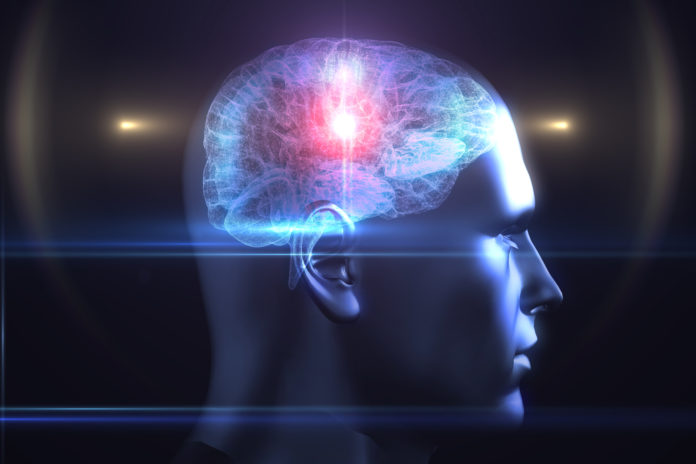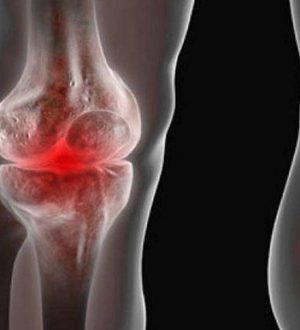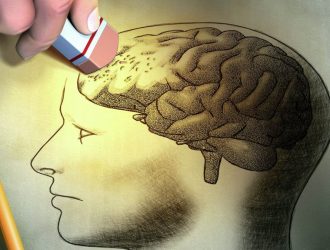
Check out the benefits of fasting for your brain and find out how to boost your brainpower with intermittent fasting.
It always amazing what fasting can do for your brain. To start seeing these incredible cognitive benefits, you have to fast for at least 18 hours a day.
Ketones and its therapeutic for brain
With an 18:6 intermittent fasting pattern, you would fast for 18 hours and have a 6-hour eating window. This means no snacking while fasting. You can eat during your 6-hour window, but I recommend only two meals. If you are still hungry, add more fat at the end of your meals.
Ketones are very therapeutic for your brain. There are three ways to get your body to produce ketones:
- Go on the keto diet
- Fasting
- Exercise
Many people have damage to their brains from chronic glucose exposure caused by a high-carb diet. Glucose is a poor fuel source for the brain. When you switch the brain’s fuel source from glucose to ketones, the ketones can bypass the damage and feed your neurons directly.
If you never switch to ketones, you are at a higher risk for diabetes and the complications that can come with diabetes, such as dementia, neuropathy, and diabetic autonomic neuropathy.
Diabetic autonomic neuropathy can manifest as:
- High pulse rate
- Exercise intolerance
- Orthostatic hypotension
- Gastroparesis
- Constipation
- Esophageal dysmotility
The potential benefits of fasting
The potential benefits of fasting for your brain:
- It helps slow down age-related brain decline and brain-related diseases
- It allows the brain cells to get the fuel they need
- It helps reduce inflammation in the brain
- It helps stabilize neurons
- It helps the nerves connect better
- It supports genes that increase the repair action of neurons
- It boosts antioxidants in certain parts of the brain
- It causes autophagy, which recycles damaged proteins in the brain
- It can help improve structures in the brain
- It can help improve your mood
- It supports your ability to learn and focus
- It supports your memory
- It helps improve your motor skills








I been doing Keto for 3 years, lost 5 kilos and now stabilised at my target level, I do intermittent fasting for about 4 or 5 days per week and 3 days fasting about 3 times per year. I feel good and my energy level is high.
During Ramadan (muslim annual fasting month) i noticed a difference the way I was able to communicate and construct my sentences while fasting. I was able to communicate clearly both written and spoken. Things became very clear and I did not have brain fog as i usually do when not fasting.
I did it on 30 days in Ramadan. This Ramadan was different for me since I had to work while fasting and no resting or nap. The healthy benefits were excellent and I have accomplished more than I did in the other 11 months of the year.